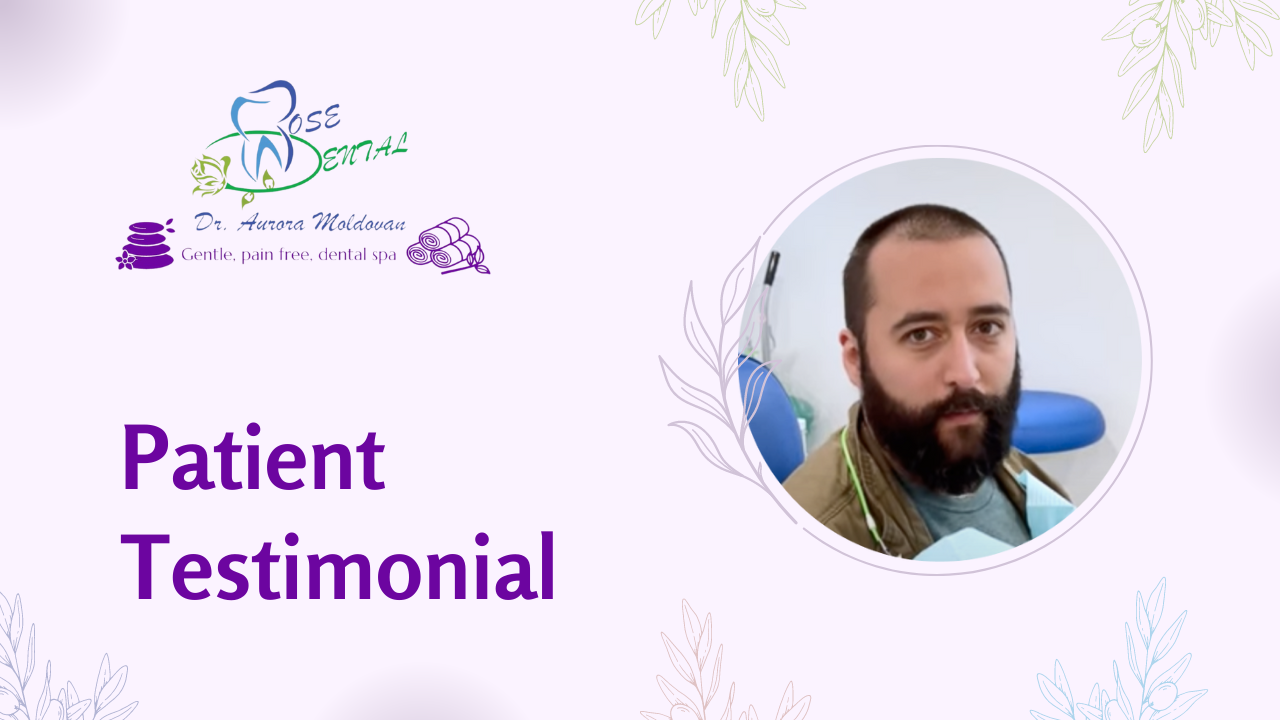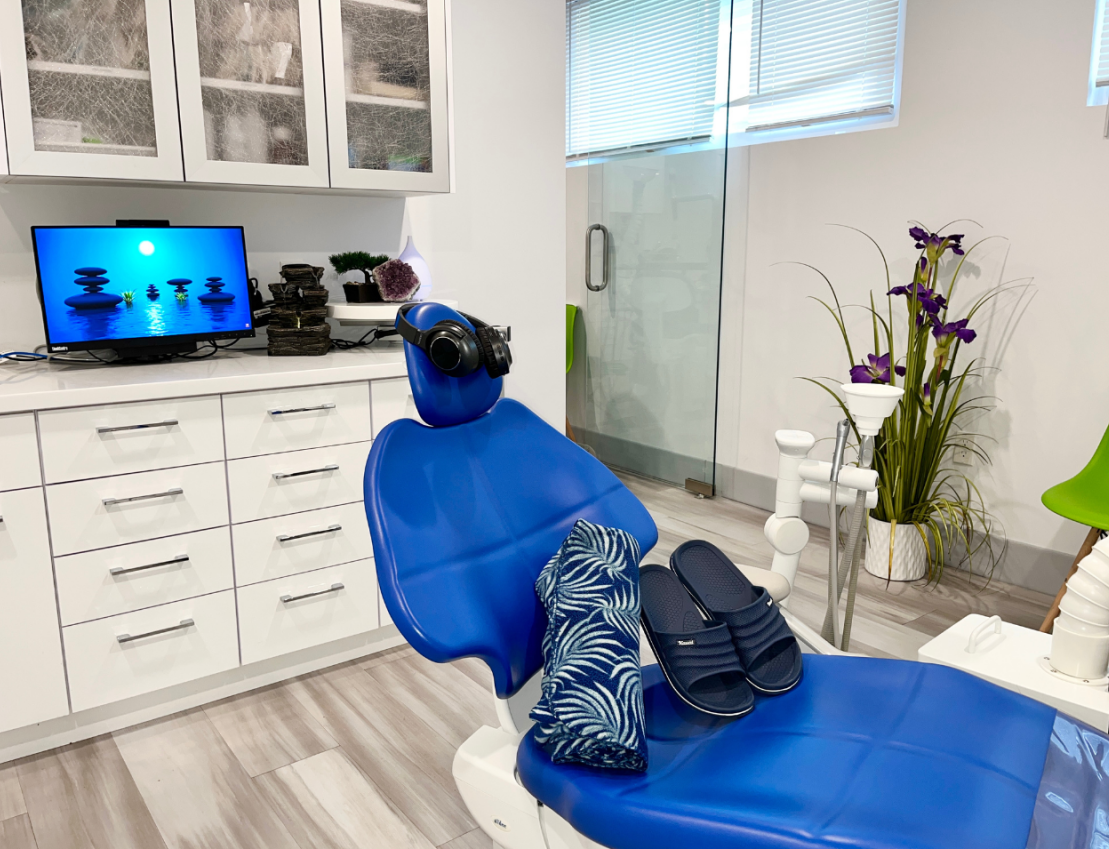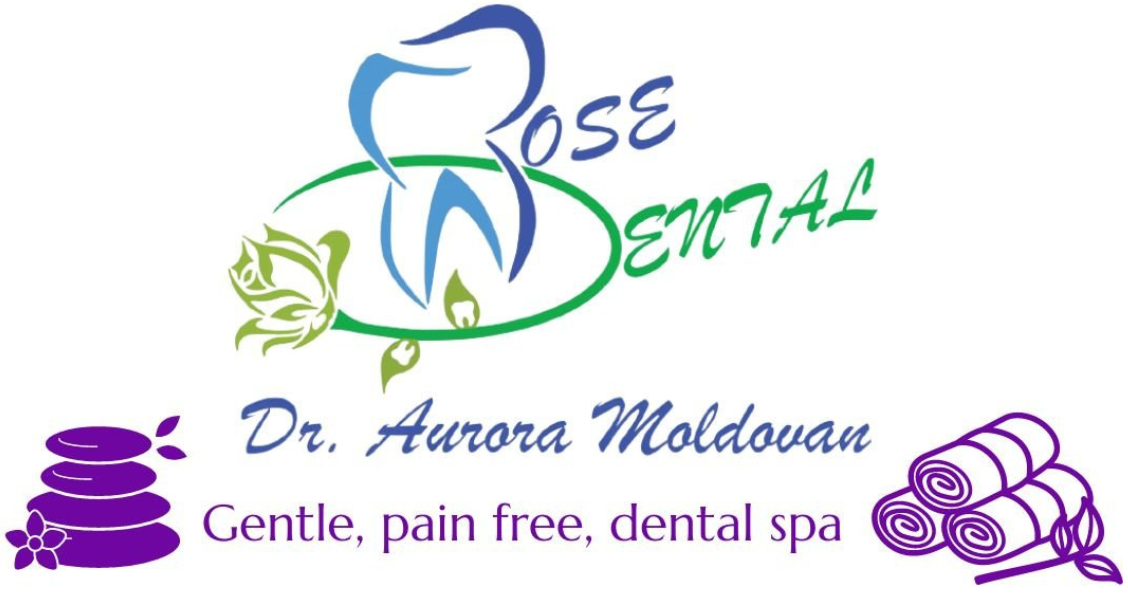
What Is A Dental Emergency?
Typically, any dental issue requiring immediate attention to control bleeding, alleviate intense pain, or preserve a tooth is classified as an emergency. Such situations may arise from accidents, physical altercations, advanced cavities that have reached the nerve, and various other causes. This definition also encompasses severe infections that have the potential to jeopardize one’s overall health and well-being.
Do I Need Emergency Dentistry?
Emergency dentistry plays a crucial role in preserving your natural teeth, preventing the spread of infections throughout your body, and offering various other benefits. For instance, in the event of a tooth being knocked out due to an accident, there is a limited timeframe in which it can be reinserted. By seeking immediate dental care, there is a chance to restore your natural tooth, thereby avoiding costly implants and potentially uncomfortable procedures. Additionally, acting swiftly during other dental emergencies allows for more natural-looking and cost-effective treatment options.
If you encounter any of the following situations, it is advisable to seek emergency dental care:
- Excruciating pain that hinders your ability to eat or sleep.
- Knocked-out teeth.
- Broken or loose braces.
- Chipped, cracked, or fractured teeth.
- Lost filling or crown.
- Abscess or a visible bump on the gumline resembling a “pimple.”
What to do if you’re experiencing a dental emergency?
Dental emergencies can be scary, but panicking won’t help. If you have an emergency - please remain calm, perform the first aid steps from below, and see a dentist as soon as possible.
Toothache
Apply a cold compress or ice pack to the affected area. You can take a pain reliever like acetaminophen (ex. Tylenol) or ibuprofen (ex. Advil). Try NOT to take Aspirin, since it’s an anticoagulant, and in case you need surgery it will thin out your blood and worsen the bleeding. When taking medication – follow your doctor’s advice, and the instructions on the medication package. Make a note of what medication, how much, and the time it was taken at.
Knocked-Out Teeth
If a whole natural tooth was knocked out, and it is reasonably clean – first make sure you handle it by the crown, not the root, and immediately try to put it back into the socket (This will prevent the reattachment cells from dying). If the tooth is not clean – you can rinse it, but do not scrub it. If you can’t put the tooth back in – place it in a cup of warm milk. A knocked-out tooth is more likely to be saved if treated within the hour. Call us immediately to increase the chances of saving your tooth.
Broken Teeth
If a part of your tooth broke off, find and save all the pieces of the tooth. Rinse your mouth with warm water to wash away smaller pieces. If you are bleeding, apply a piece of sterile gauze on the area until the bleeding stops. You can use a cold compress or ice pack to relieve some of the pain and swelling. To restore the tooth and prevent further damage – call us immediately.
Abscess
If you have an abscess – rinse your mouth with a mild saltwater solution several times a day (half a teaspoon of table salt in 8 ounces of water). This should help relieve the pain and draw the pus toward the surface. An abscess is an infection at the root of a tooth, or between the teeth and gums. It can damage tissue and the surrounding teeth, and it can also spread to other parts of your body if it’s left untreated. To prevent further abscess damage – call us to have it treated.
Fallen-out filling
As a temporary solution, you can apply orthodontic wax on the hole left by the fallen-out filling. Orthodontic wax is soft and can be molded to cover and protect the hole until you can see a dentist. You can find it in most drug stores. This is just a temporary solution and you should see a dentist as soon as possible to permanently fix the filling.
Jaw Injury
If you’ve experienced some trauma to your jaw, follow these steps: Do not eat solid food, place an ice pack on your face, then call us to determine your next step. However, if you think your jaw may be broken – you should see an emergency dentist immediately.
Contact us today
to schedule an initial consultation & exam.
Your consultation will include an examination of everything from your teeth, gums and soft tissues to the shape and condition of your bite. Generally, we want to see how your whole mouth looks and functions. Before we plan your treatment we want to know everything about the health and aesthetic of your smile, and, most importantly, what you want to achieve so we can help you get there.
Frequently Asked Questions
While the dental first aid tips provided above can be helpful, the optimal initial action is to contact us directly. By giving us a call, we can offer personalized guidance over the phone, assisting in pain relief, tooth preservation, and ensuring your swift arrival at our clinic.
It is important to adhere to your doctor’s advice and carefully read the instructions on the medication bottle before taking any pain relievers. If it is deemed safe for you, you may consider taking over-the-counter pain relievers like Tylenol, Advil, or Aspirin to temporarily alleviate discomfort. However, it is crucial to note that such medication offers only temporary relief, as dental pain is often related to nerve issues. Significant and lasting relief can only be achieved through professional treatment from a dentist. If you do take any pain medication, make sure to record the name, dosage, and time taken, and inform us about it when you visit our clinic.
Certainly. If you require emergency dental care and visit the Emergency Room (ER), they will attend to your immediate needs and subsequently bill your health insurance. However, it’s important to note that the ER is typically equipped to address dental issues only if they pose a threat to your overall health. In such cases, they may employ temporary measures to alleviate pain until you can see a dentist for appropriate treatment.
If left untreated, a broken tooth can collect bacteria, risking infection or abscess. A broken tooth also risks nerve damage and may lead to needing a root canal.
In the event of an abscess rupture, the pain may diminish considerably; however, it is crucial to seek dental treatment promptly. If the abscess does not drain, the infection has the potential to spread to your jaw and other regions of your head and neck. In severe cases, you may even develop sepsis, which is a life-threatening infection that can spread throughout your entire body. It is therefore imperative to address an abscessed tooth promptly to prevent further complications and ensure your overall well-being.
What Our Patients Are Saying
Natalia Love
We love Dr. Aurora & Amanda! We started coming here a few weeks ago because changes were happening in our old dental office. The old office had such a huge waitlist; my son was in extreme pain and couldn't wait 3 months for an emergency. I found Dr. Aurora on Google, read her reviews and I am so glad I came! They welcomed us with open arms, and made my kids feel so comfortable! My 10-year-old son was so worried about coming, but she made him feel so calm with the laughing gas, he did a fantastic job!
Gentle and Great Care

Very Professional and Relaxing


